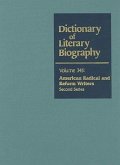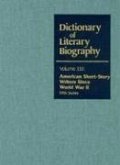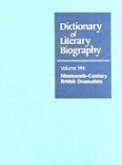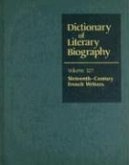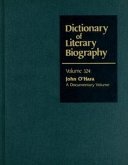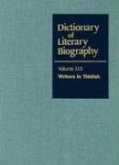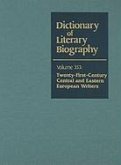The later part of 18th century was both an era of rapid change and political stagnation, a period marked by great shifts in population, technological and agricultural advances, industrialization and transformations of social organization and modes of daily life. But political institutions did not generally keep pace with these dramatic changes. The perception of living in a time of rapid movement in some areas and relative immobility in others seems to have led to anxious nostalgia as well as to eager experimentation in the arts. The poets discussed in this volume were all born after the death of Queen Anne in August 1714. During their careers, urbanization and increasing literacy were making authorship less direct and audiences more anonymous. They expressed nostalgia in their writing through the mists of medievalism and through folk traditions of simpler times. Much of their work hints at a particular historical longing for simple community and unmediated expression. There is a general heightening of interest in lyric poetry throughout the period. 24 entries include: James Beattie, Robert Burns, Elizabeth Carter, Thomas Chatterton, William Cowper, James Macpherson, Hannah More, Christopher Smart, Charlotte Smith, Joseph Warton, William Whitehead and Ann Yearsley.

